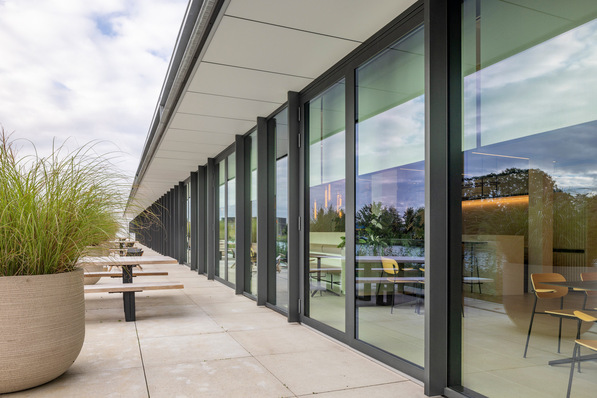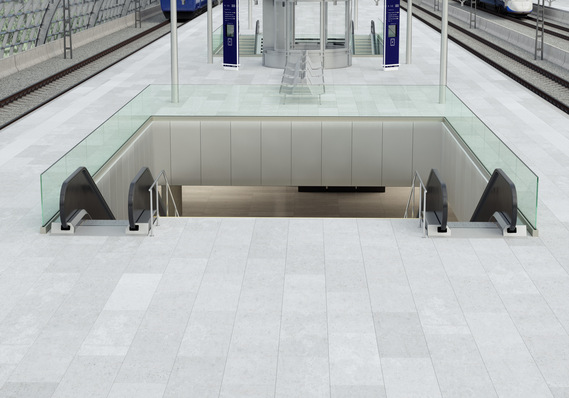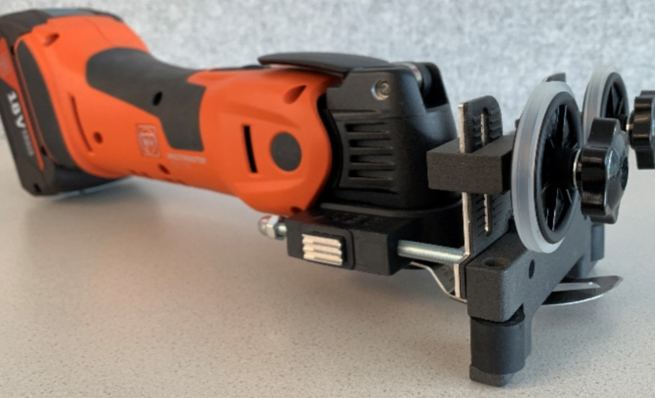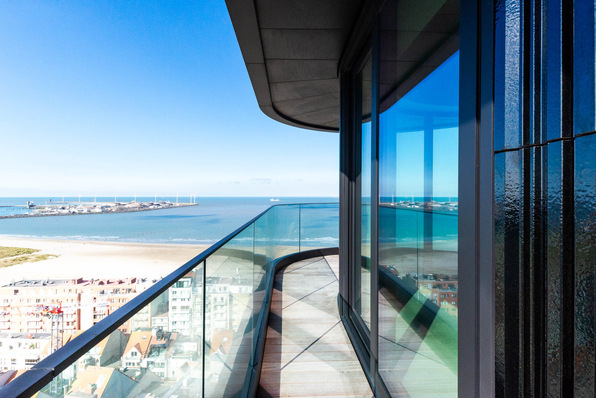Press Glass was founded in 1991 in Poland with a single line for IG units. During the next 10 years, the company grew steadily, exporting IG units and later moving into commercial architectural glass. Currently, Press Glass is headquartered in Konopiska in southern Poland, with 13 factories throughout Europe.
See also: Cylindrically curved glass of Press Glass now with a CE marking
In 2017, Press Glass acquired Glass Dynamics, Inc., a glass fabricator in Stoneville, North Carolina. Over the next three years, the company expanded its presence in the US with the establishment of a 270,000 square foot facility in Ridgeway, Virginia, only 7 miles north of its first location. Today, with over 500 employees in the US, Press Glass has evolved into a one-stop glass fabricator of architectural flat glass for construction projects on the East Coast and across North America.
Lasts longer, works better
Glaston and Press Glass share a longstanding partnership. Most of the tempering lines in Press Glass’s European facilities are from Glaston. The company’s US branch has Glaston FC Series and Jumbo Series tempering lines at the Ridgeway factory for larger projects and an additional smaller line in Stoneville for smaller IG units and heavier interior glass. Currently, a fourth line – another tempering furnace – is being assembled and will be delivered soon.
“Glaston’s price point may be higher, but Glaston machinery lasts longer and produces higher quality,” says Gregg Vanier, Director of Manufacturing and Technology at Press Glass.
First ProL convection upgrade
In another move forward, Press Glass was the first in the world to invest in Glaston’s convection upgrade for its lamination line in Ridgeway, completed in April 2023. The ProL convection upgrade helps eliminate trapped air inside the layers that causes a lack of adhesion.
Also interesting: More articles about Glaston and their products and services
It has also been observed that remakes have gone down since the upgrade, which helps to manage production costs. Additionally, the new upgrade features have significantly simplified the lamination process itself, further contributing to the overall efficiency.
Training maintenance leads to big gains
In October 2023, Glaston also organized a tempering training session, giving the Press Glass maintenance team a thorough understanding of the maintenance and recipes for their tempering lines. “The training has clearly helped us increase capacity and decrease quench time,” Gregg says. Another workshop is planned for February 2024 to continue training the team.
Sustainability in recruitment and operations
Ongoing training is just one of the ways that Press Glass aims to recruit and retain employees in their rural area. One of the company’s strategies is creating a workplace that offers challenging and satisfying work with automation and computer systems.
“The glass processing industry is surprisingly clean. Much of the heavy work has been replaced by automation, allowing employees to do mental rather than physical tasks,” says Gregg, adding: “This is the happiest plant I’ve ever worked in!”














